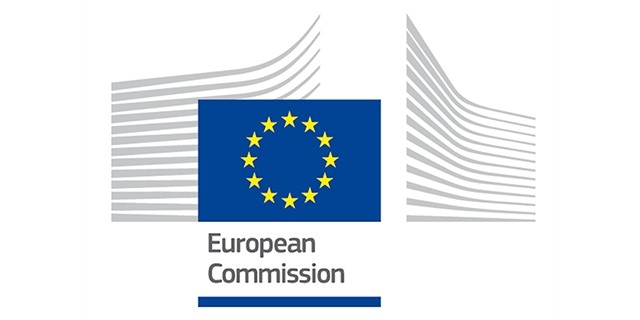Actions

Today, the Commission is proposing an EU Police Cooperation Code to enhance law enforcement cooperation across Member States and give EU police officers more modern tools for information exchange. With a large part of criminals operating across borders, police officers in the EU must be able to work together quickly and efficiently. The Police Cooperation Code – which includes a Recommendation on operational police cooperation and new rules on information sharing – will help improve cross-border operations, provide clear channels and timeframes for exchanging information and give Europol a stronger role. In addition, revised rules on automated exchange of certain categories of data will help establish links between crimes across the EU much more effectively. This will help close information gaps, boost the prevention, detection and investigation of criminal offences in the EU, and foster security for everyone in Europe.
Commissioner for Home Affairs Ylva Johansson said: “Our proposals today will solve very practical cross-border problems that police officers in Europe face every day. For example, what rules apply if the police has to cross an internal border chasing a criminal in a hot pursuit? Today, the police face differing and complex national rules, while with our proposals they would have a clear European framework. The police will also have better tools to exchange information they need for investigations, to keep us all safe from increasingly sophisticated criminals.”
The proposed measures include
- A Recommendation on operational police cooperation
- New rules on information exchange between law enforcement authorities of Member States
- Revised rules on automated data exchange
eu-LISA plays a key role in extending police collaboration and internal security in Europe. With the IT systems it develops and manages as well as the foreseen Interoperability between them, eu-LISA ensures that both law enforcement and border management authorities have up-to-date unified European data at their disposal, making their jobs easier and Europe's citizens safer.
Next steps
It is now for the European Parliament and Council to examine and adopt the proposed Directive on information exchange and the Regulation on automated data exchange. The proposal for a Council Recommendation on operational police cooperation is now for the Council to discuss and adopt, after consultation of the European Parliament. The Recommendation would then serve as a basis for all Member States to update their existing national or bilateral arrangements.

